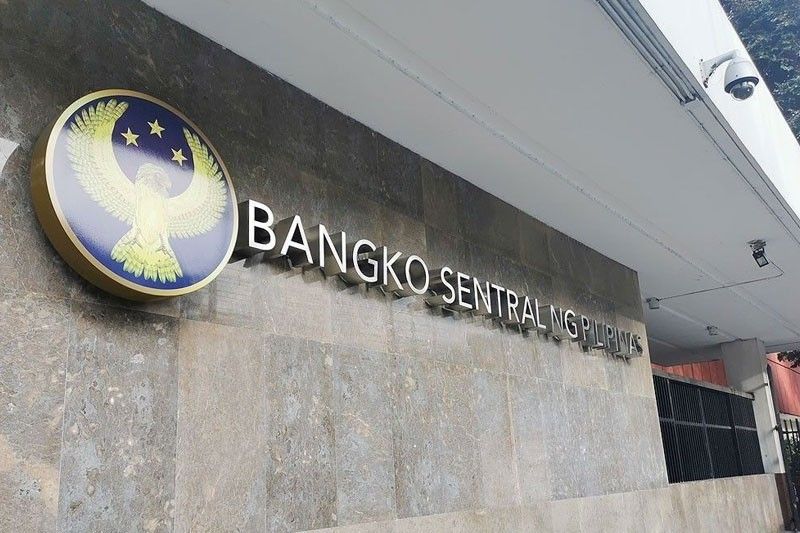BOP swings to $1.17 billion surplus in March

The BOP surplus in March reflected inflows arising mainly from the national government’s net foreign currency deposits with the BSP and net income from the BSP’s investments abroad.
MANILA, Philippines — The country’s balance of payments (BOP) position reverted to a $1.17-billion surplus in March from a $196-million deficit in February, data from the Bangko Sentral ng Pilipinas (BSP) showed.
“The BOP surplus in March reflected inflows arising mainly from the national government’s net foreign currency deposits with the BSP and net income from the BSP’s investments abroad,” the central bank said.
However, the surplus in March was 7.4 percent smaller than the $1.27 billion recorded in the same month in 2023.
Michael Ricafort, chief economist at Rizal Commercial Banking Corp., said the lower BOP position compared to last year was due to the continued trade deficits in the past months and some payment of foreign debts.
The BOP is the difference in total values between payments into and out of the country over a period.
A surplus means more foreign exchange flowed into the country from exports, remittances from overseas Filipinos, business process outsourcing earnings and tourism receipts than what flowed out to pay for the importation of more goods, services and capital.
For the first quarter, the country booked a BOP surplus of $238 million, falling by 93.1 percent from the $3.45 billion surplus recorded in the same quarter in 2023.
“Based on preliminary data, this cumulative BOP surplus reflected mainly the improvement in the balance of trade alongside the net inflows from personal remittances, net foreign borrowings by the NG, foreign direct investments and foreign portfolio investments,” the BSP said.
Latest data from the Philippine Statistics Authority showed the country’s trade deficit narrowed by six percent to $3.65 billion in February compared to last year’s $3.88 billion.
Likewise, personal remittances grew by three percent to $2.95 billion in February from $2.86 billion in the same month in 2023, of which cash remittances coursed through banks rose by three percent to $2.65 billion from $2.57 billion.
According to the BSP, the BOP surplus in the first quarter reflects a gross international reserve level of $104.1 billion as of end-March, up from $102 billion as of end-February.
The level is equivalent to around 7.7 months’ worth of imports of goods and services and payments of primary income. It is also about 5.9 times the country’s short- term external debt based on original maturity and 3.7 times based on residual maturity.
The buffer ensures availability of foreign exchange to meet balance of payments financing needs, such as for payment of imports and debt service in extreme conditions when there are no export earnings or foreign loans.
“For the coming months, the BOP data could improve partly due to proceeds of the national government’s foreign currency-denominated borrowings or debt from both commercial sources, as well as from official development assistance and other multilateral sources,” Ricafort said.
For 2024, the BSP raised its BOP projection to a surplus of $100 million but is expected to reverse to a $100-million deficit in 2025.
- Latest
- Trending































